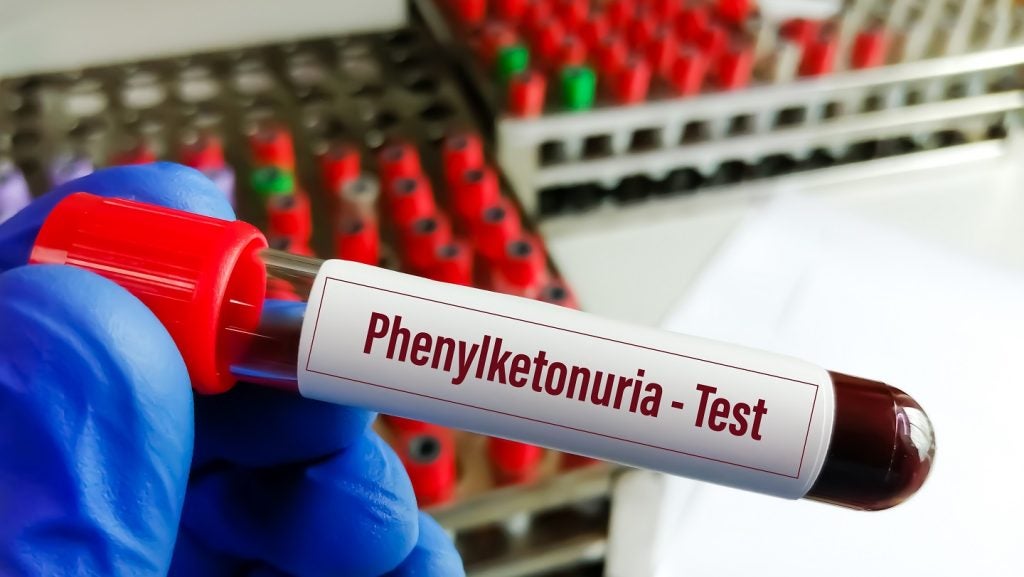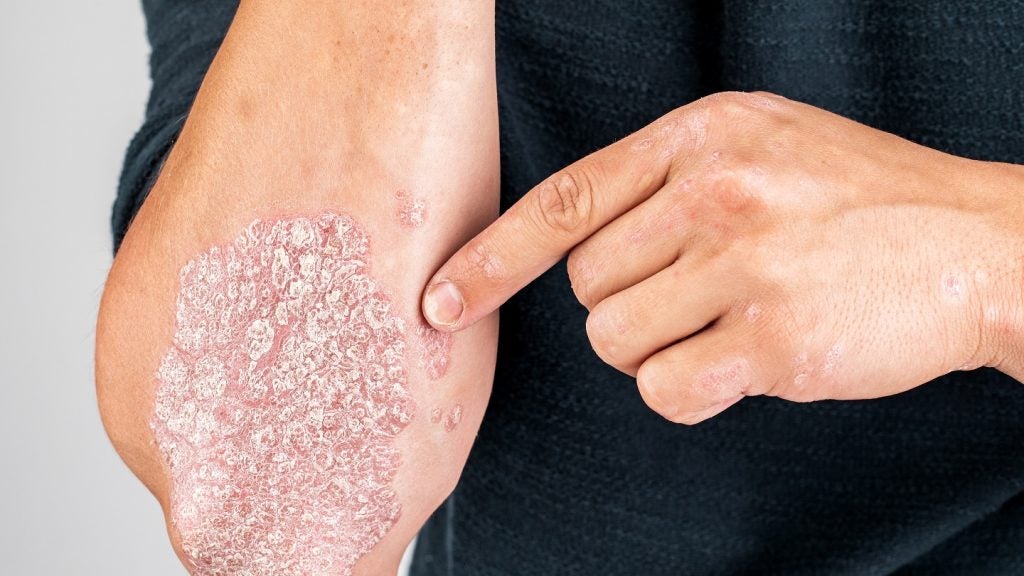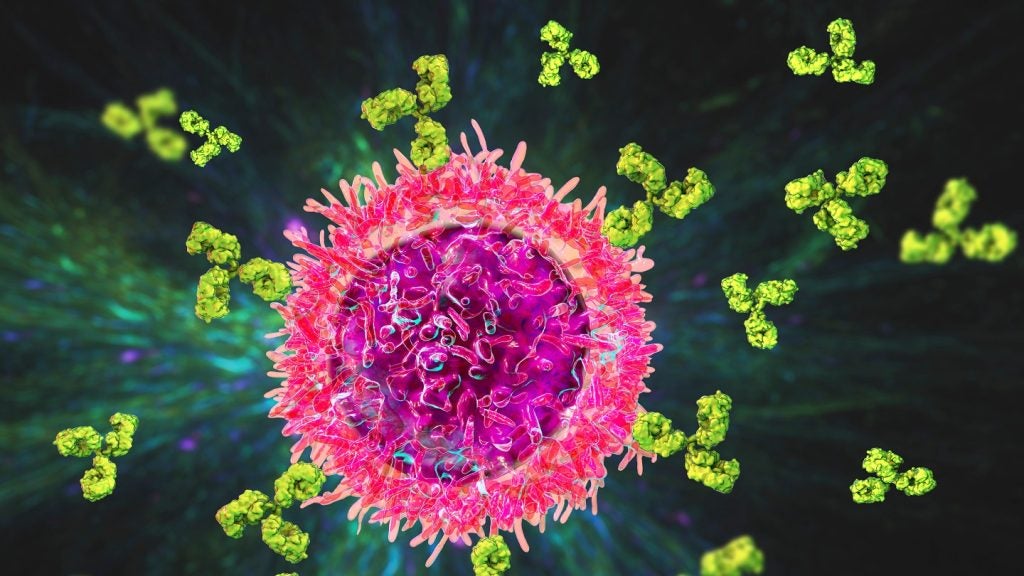Jnana Therapeutics has dosed the first subject in a Phase Ib clinical trial of JNT-517 to treat phenylketonuria (PKU), a rare genetic metabolic disease.
The placebo-controlled, double-blind, randomised trial will assess the pharmacokinetics, tolerability, and safety of the phenylalanine (Phe) transporter SLC6A19 inhibitor JNT-517 in individuals with PKU.
It will also evaluate the effect of JNT-517 on plasma and urinary Phe.
A total of 28 participants aged 18 to 65 diagnosed with PKU will receive JNT-517 orally over a period of four weeks. They are expected to be enrolled at clinical sites in Australia and the US.
Jnana Therapeutics Development head and senior vice-president John Throup said: “JNT-517 offers a promising new approach, with the potential to reduce elevated plasma Phe levels across all levels of disease severity, and has demonstrated positive results with compelling proof of mechanism in a Phase Ia study.
“I’d like to thank the PKU community and clinical investigators for their partnership in initiating this study.”
A total of 64 healthy individuals participated in the Phase Ia portion of the study. The single and multiple ascending dose cohorts in the study showed an increase in urinary Phe.
JNT-517 was found to be safe and well tolerated at all dose levels examined.
It acts at a cryptic allosteric site and blocks kidney reabsorption of Phe, thereby reducing blood Phe levels.
Last year, JNT-517 received a rare pediatric disease designation from the US Food and Drug Administration (FDA).
The company is also engaged in developing various therapies for treating cancer and immune-mediated diseases.















